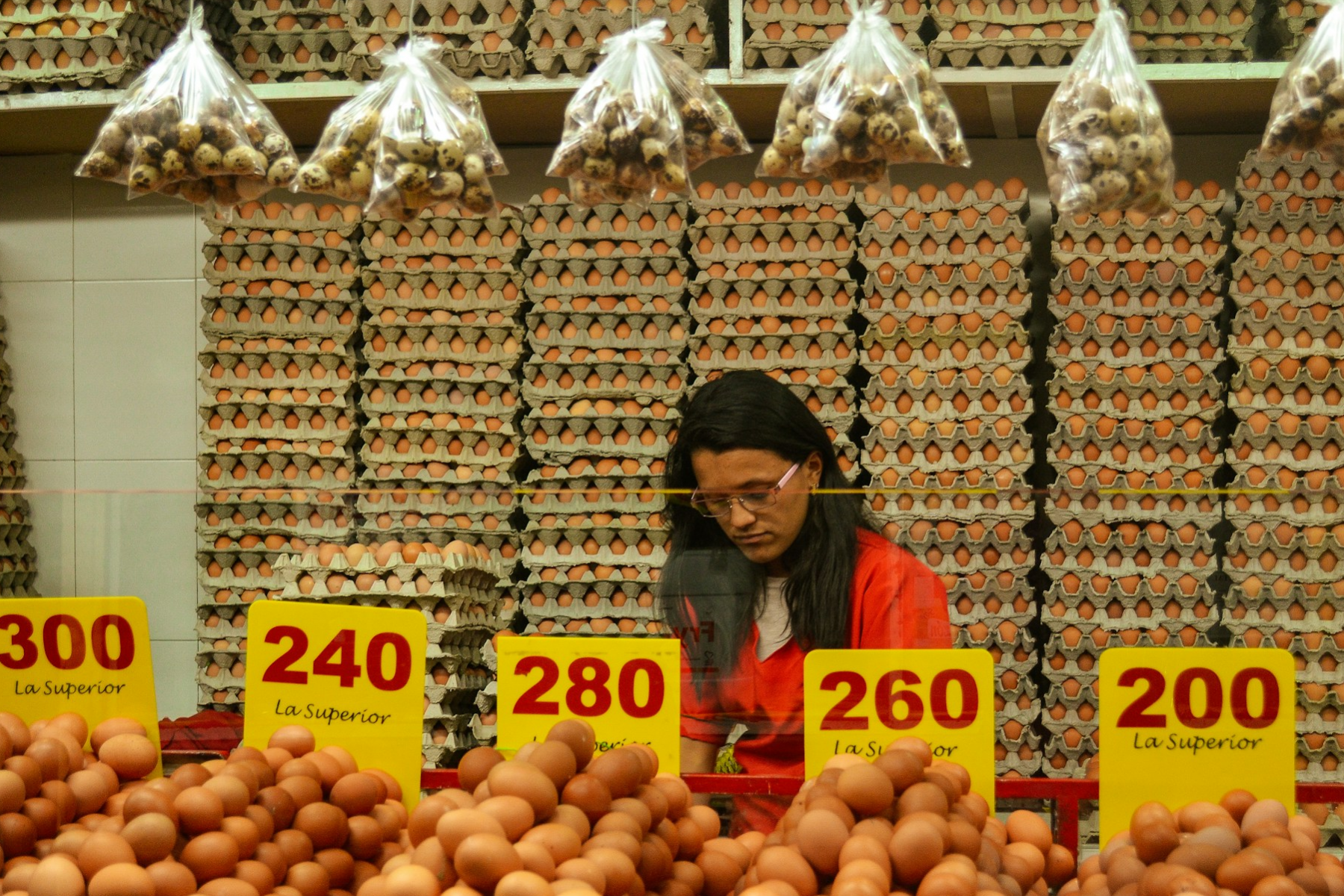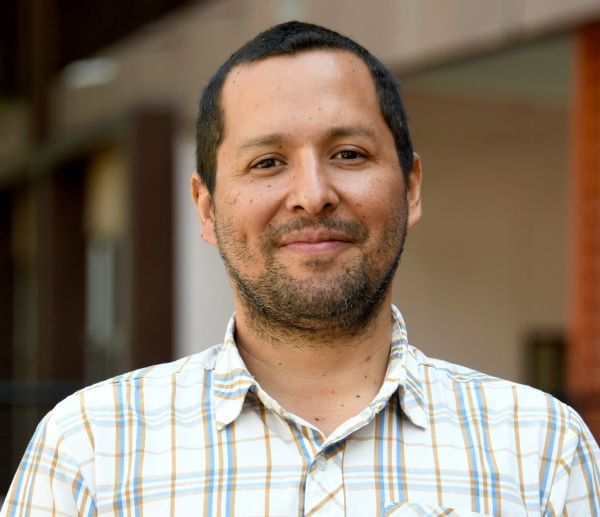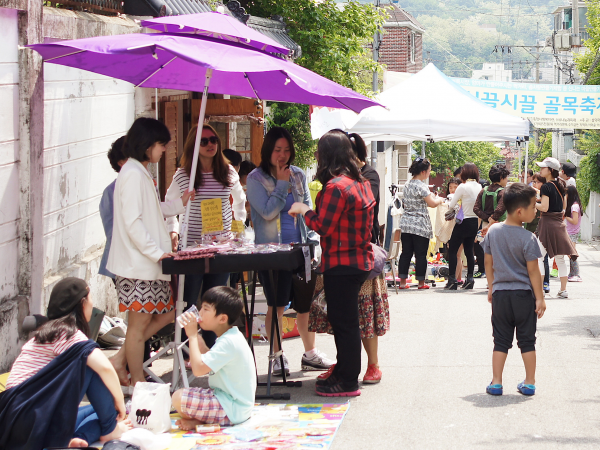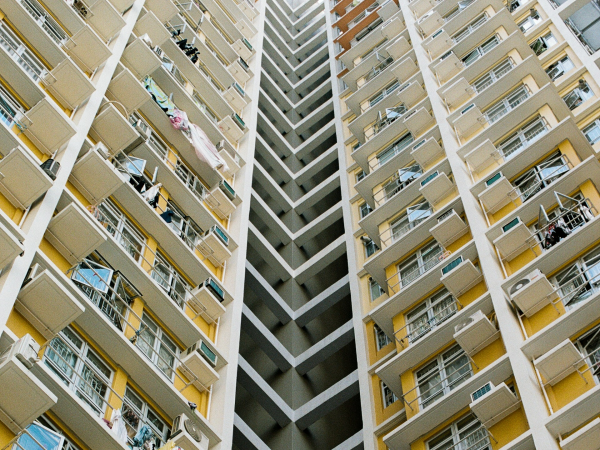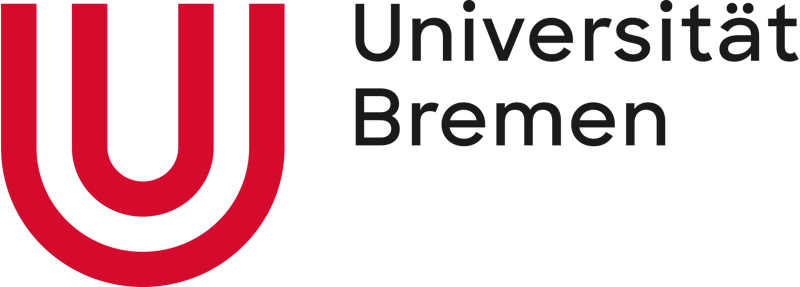Empirical evidence regarding the relationship between economic inequality and trust is inconclusive. The authors found that economic inequality and assessments of injustice in Latin America are associated with low trust, both in people and in political institutions.
Trust is the bedrock of democracy. Trusting other people is a glue that keeps our societies cohesive, and trusting institutions is the fuel that keeps our political system running. When people trust each other, they engage in supportive relationships, their sense of belonging and well-being increase, and they share values that motivate them to work for the common good. Similarly, when people trust political institutions, they report lower levels of polarization, more support for democratic regimes, and can articulate efforts to face collective challenges.
Economic inequality and poor development threaten social cohesion by undermining trust. Although much research has investigated the harmful effects of economic inequality, this research focuses on wealthy regions of the Global North, overlooking the unique, intersecting challenges faced by places with longstanding inequalities, like Latin America. To fill this gap in knowledge, we decided to study the relationship between economic inequality and social and political trust in 18 Latin American countries over a period of 23 years.
The Latin American region offers a distinctive case to study the linkages between economic inequality and social and political trust. Pervasive and longstanding economic inequality, high levels of social unrest and political corruption, and the legacies of postcolonial and authoritarian regimes have contributed to exacerbating people’s concerns about inequality.
How unfair is inequality? Evaluations and Trust
Over the last few years, massive social revolts in many Latin American countries have questioned the legitimacy of institutions and social norms. Could extreme levels of economic inequality be at the heart of these revolts? And if so, what are some of the underlying psychological mechanisms explaining the negative consequences of economic inequality on social and political trust?
There are no univocal answers to these questions. Still, our research suggests that economic inequality and injustice evaluations are two intertwined processes playing a pivotal role in better understanding what drives people’s social and political trust. As inequality changes over time, so does the way in which individuals perceive and evaluate the impact that inequality has over their experiences and attitudes toward fellow citizens and political institutions.
We tested this connection using survey data from Latinobarometer from 1997 to 2021, involving 273,880 respondents. We consistently found that increasing economic inequality over time is associated with decreasing social and political trust (Fig. 1, right panel). Similarly, more unequal countries seem to report, on average, lower levels of social and political trust (Fig. 1, left panel).
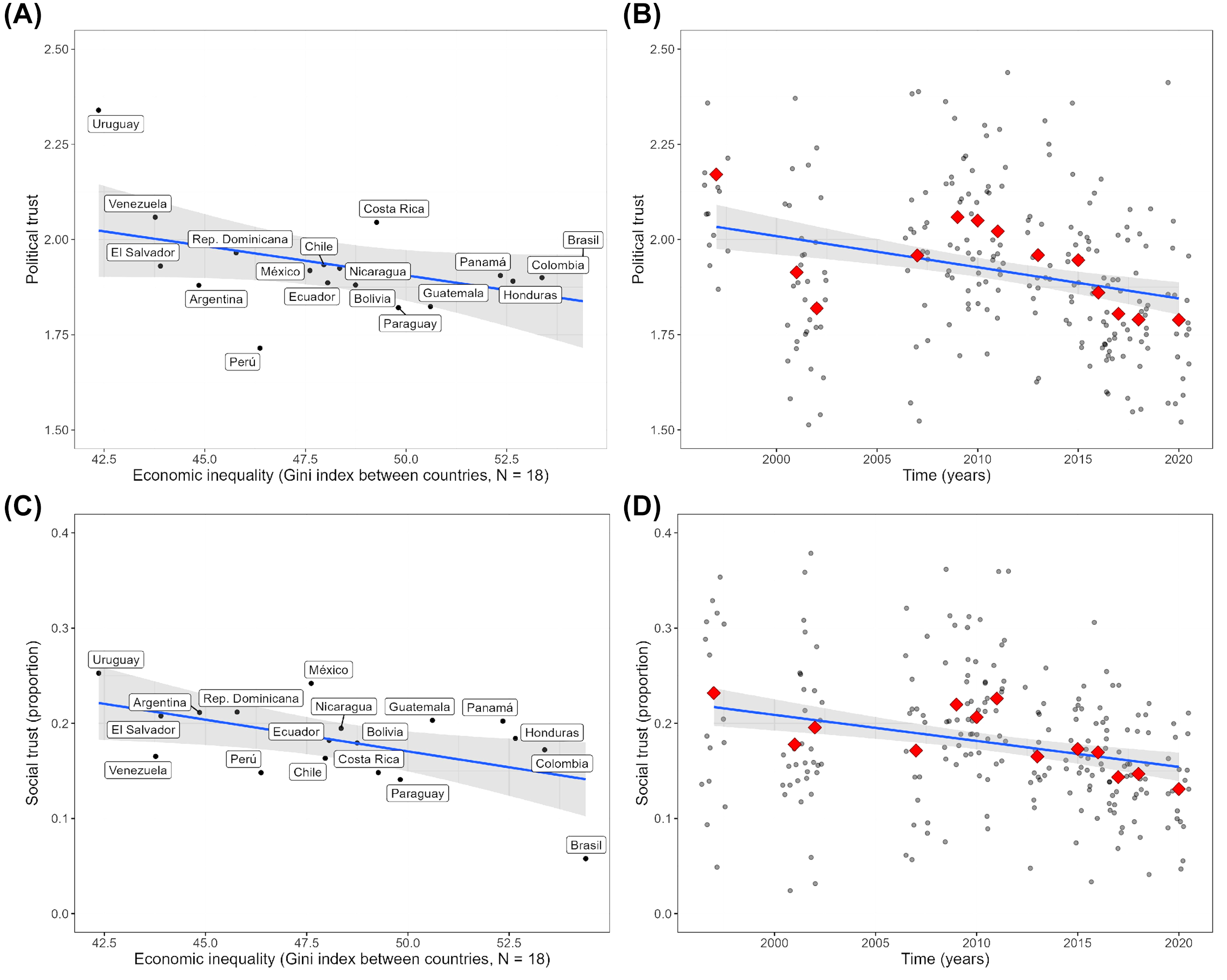
Fig 1. Mean Levels of Social and Political Trust as a Function of Economic Inequality
across countries and mean levels Social and Political Trust Over Time
These findings offer insights into why economic inequality reduces social and political trust. We found that injustice evaluations of economic inequality play a significant role in people’s trust: believing that inequality is unfair predicted lower social and political trust, rather than objective levels of economic inequality and other individual factors like socioeconomic status. This supports the idea that evaluations of inequality impact outcomes beyond inequality objective indicators. Moreover, we found that injustice evaluations of inequality as unfair also explained the negative effect of objective economic inequality on social and political trust. This means that economic inequality increases the perception that inequality is unfair, which, in turn, reduces people’s social and political trust. These results are aligned with other studies, in which we found that perceiving greater inequality reduces social trust and subjective well-being.
This leads us to emphasize the importance of subjective views of inequality in shaping individual political attitudes, satisfaction with democracy, and subjective well-being. Even when economic inequality does not have a direct impact on social or political trust — as some evidence has shown —, it may still contribute to an increase in evaluations of injustice, which can ultimately lead to a decline in people’s trust.
Learning from Context: Insights from Latin America
To fully comprehend these results, it is essential to consider the Latin American context. The region has faced longstanding political instability, revolts, and authoritarian regimes. Although economic inequality slightly decreased during the study period due to economic growth and redistributive policies, the decline has slowed since 2010. Latin America also struggles with high levels of corruption, diminishing the legitimacy of democratic systems. Thus, inequality can reinforce social and political distrust because people feel they cannot rely on public institutions, and there is a sense of unsafety and competition for resources. Therefore, injustice evaluations and economic inequality can fuel social unrest, as we have witnessed over the last few years in many Latin American countries. Still, further research should delve deeper between the interplay between inequality, injustice evaluations, and social unrest.
In brief, economic inequality increases a sense of unfairness that erodes people’s trust in one another and in political institutions. Approaches towards rebuilding trust and strengthening social cohesion and support for democratic institutions must therefore also aim to tackle economic inequality, build trustworthy institutions, and foster a sense of community. Given the pressing social and environmental challenges our societies face nowadays, rebuilding social and political trust is crucial for finding innovative solutions to move forward.
This article presents findings from the journal article “Economic Inequality and Unfairness Evaluations of Income Distribution Negatively Predict Political and Social Trust: Evidence From Latin America Over 23 Years”, published on Social Psychological and Personality Science on January 9th, 2024.
Header photo by Transly Translation Agency - Unsplash.

